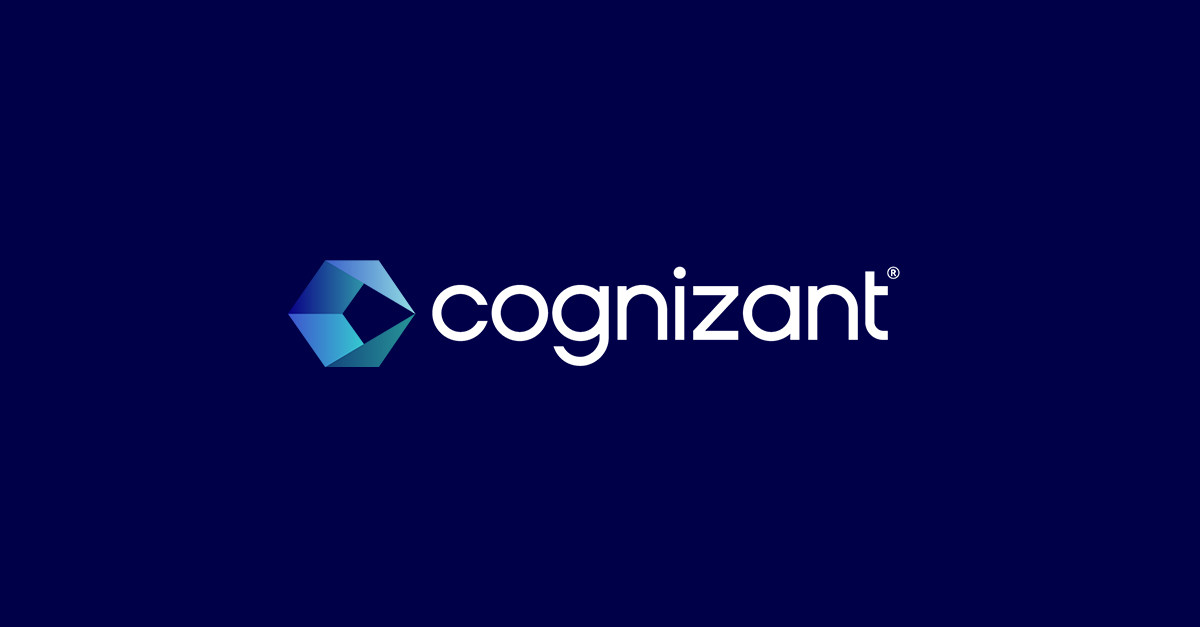What is intelligent process automation?
Intelligent process automation (IPA)—sometimes referred to as hyper-automation, intelligent automation or digital process automation—is the process of combining robotic process automation (RPA) with process mining, OCR/ICR, analytics and artificial intelligence (AI) to create business process automation that thinks, learns and adapts in autonomous fashion.
What are the business benefits of intelligent process automation?
Among the most notable benefits of IPA is that it facilitates the end-to-end processes that enable modern, resilient, flexible business operating models. Combining IPA with the human experience can unlock the kind of innovation that inspires teams to create new business value.
A successful IPA initiative demands teamwork between business functions and IT to evaluate existing processes, then incorporate systems to drive scalable and sustainable change into the process framework. It’s critical that employees be a part of such an initiative, in order to experience firsthand the benefits of this transformation.
What technologies does IPA utilize?
IPA combines robotic process automation (RPA) software with intelligence technologies such as:
- Process mining—An analytical approach that diagnoses business processes, then uses data analysis to capture and improve processes.
- Natural language processing—Also called NLP, this refers to software that empowers hardware to understand, interpret and manipulate language, whether spoken or written.
- Computer vision—This refers to technology tools, such as OCR (optical character recognition), that scan documents and transform them into text.
- Machine learning—A process that uses AI software algorithms to find patterns in structured, historical data and uses those patterns to make precise predictions on outcomes.
- Artificial intelligence—Technology that seeks to mimic, and even exceed, human intelligence by analyzing data faster than people can and learning from past decisions.
How does IPA help businesses in a post-pandemic world?
The ongoing economic and social impact of the COVID-19 pandemic is evidence that business resiliency hinges on deft coordination of digital processes.
While IPA improves efficiency and reduces costs, today’s organizations must also ensure business continuity and meet fickle customer demands. Intelligent coordination of IPA aids the design and creation of end-to-end business processes. By doing so, businesses can create modern and resilient operating models that enable leaders to anticipate what’s next and lead the change.
Some business benefits achieved by effective IPA include:
- For a major telecom provider, 16% reduction in call volume using NLP with 90% chatbot accuracy
- For a credit card service company, 99% accuracy in handling 100,000 vendor invoices each month
- For a leading agribusiness company, 90% process improvement and 400% improvement in ROI
- For a leading healthcare provider, 6X faster processing of claims
What’s the difference between IPA and RPA?
RPA, or robotic process automation, takes repetitive manual tasks and uses bots, or software robots, to replace them with automated workflows. IPA goes a step further, adding advanced cognitive technologies such as AI to expand business process automation across the entire enterprise.
Business benefits achieved by RPA bots include:
- Exchange-derivative-clearing bots—processed $3 billion in commodity future trades per year.
- Revenue-cycle-management bots—accelerated healthcare payment processing and revenue collection by more than 20%.
- Invoice-processing bots—processed 1.2 million invoices annually for retailers and cut delayed payment interest by half.
- Healthcare claims-processing bots—processed 3.8 million transactions annually and improved auto-adjudication rate by over 20% for insurance firms.





